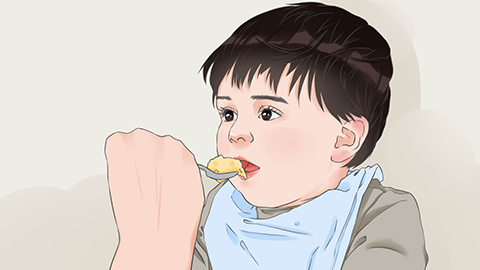What medication is used for children's bedwetting?
In the early stages of childhood urinary incontinence, children may be found involuntarily leaking urine, which can cause significant harm to the body. Once family members notice symptoms and signs related to childhood urinary incontinence, they should promptly take the child to the hospital for treatment. Then, what medications are used for childhood urinary incontinence?
What Medications Are Used for Childhood Urinary Incontinence?
The choice of medication mainly depends on the severity and type of incontinence, making it difficult to generalize. For mild urinary incontinence, certain medications can be used to relax the bladder, such as M-receptor blockers, or medications that tighten the external urethral sphincter, such as midodrine. When urinary incontinence is caused by a urinary tract infection, anti-inflammatory medications such as cefaclor granules, levofloxacin, ofloxacin, and cephalexin may be administered.

Most cases of childhood bedwetting are not related to diseases but are caused by psychological factors or other reasons. It is best to avoid consuming liquid, salty, or dry foods for dinner, and it is crucial not to drink water before bedtime. To prevent excessive fatigue or mental stress in children, it is advisable for them to take a nap so they don't fall into deep sleep too quickly at night, making it difficult to wake up. Parents should cultivate a habit of going to bed at regular times, avoid exciting the child, and refrain from engaging in vigorous activities before bedtime. It is essential to completely empty the bladder before sleep.

There are many causes of childhood urinary incontinence, and it is important to identify the specific cause to provide appropriate and targeted treatment without blindly administering medication. We hope this information is helpful to you. Wishing you good health and a happy life.








